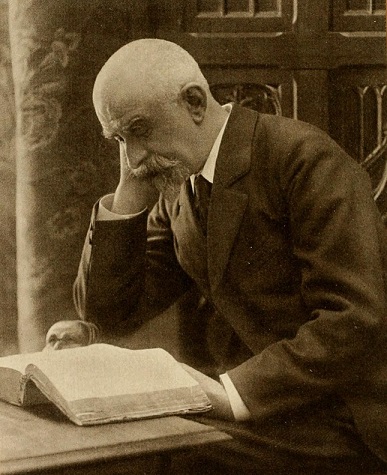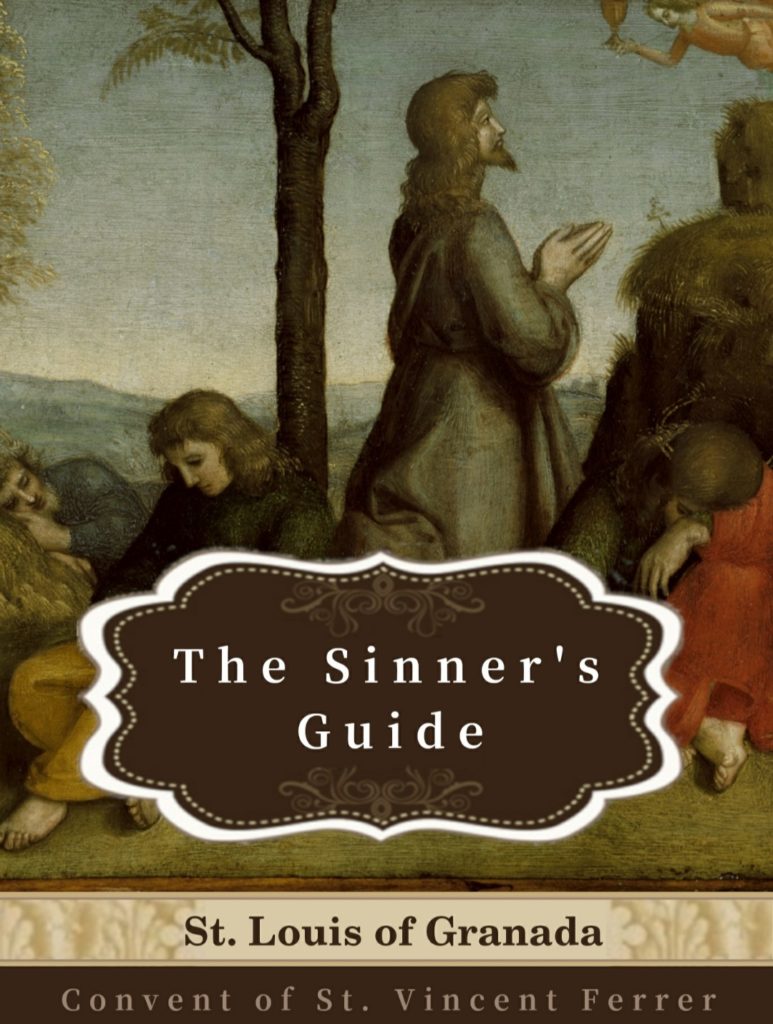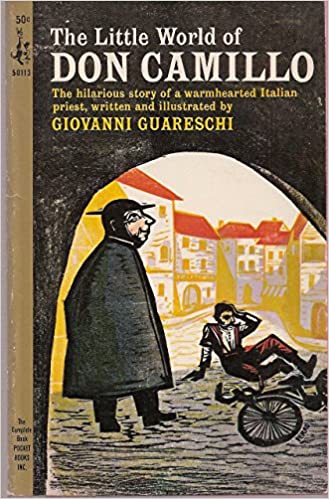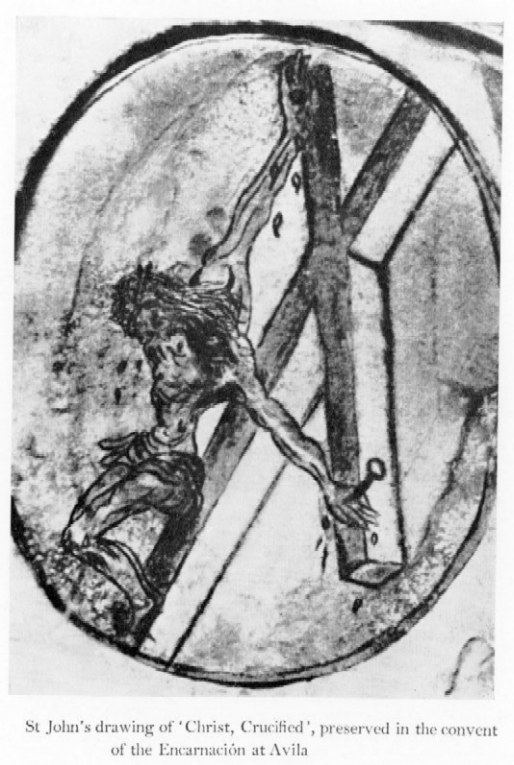“Ah, ha!” she went on, looking at him over her spectacles, “do you suppose that by moving your soul from place to place you can change it? Your trouble is neither in the air nor outside you, but within you. On my word, to hear you talk, one might fancy that by travelling from one spot to another every discord could be avoided, that a man could escape from himself! Nothing can be more false. Ask the Father—”
And when Durtal, smiling awkwardly, was gone, Madame Bavoil questioned her master.
“What is really the matter with him?”
“He is being broken by the ordeal of dryness,” replied the priest. “He is enduring a painful but not dangerous operation. So long as he preserves a love of prayer, and neglects none of his religious exercises, all will be well. That is the touchstone which enables us to discern whether such an attack is sent from Heaven.”
“But, Father, he must at any rate be comforted.”
“I can do nothing but pray for him.”
“Another question: our friend is possessed by the notion of a monastic life; perhaps you ought to send him to a convent.”
The Abbé gave an evasive shrug.
“Dryness of spirit and the dreams to which it gives rise are not the sign of a vocation,” said he. “I might even say that they have a greater chance of thriving than of diminishing in the cloister. From that point of view conventual life might be bad for him. Still, that is not the only question to be considered—there is something else—and besides, who knows?” He was silent, and presently added: “Much may be possible. Give me my hat, Madame Bavoil. I will go and talk over Durtal with the Abbé Plomb.”
JK Huysmans ‘The Cathedral’








Recent Comments